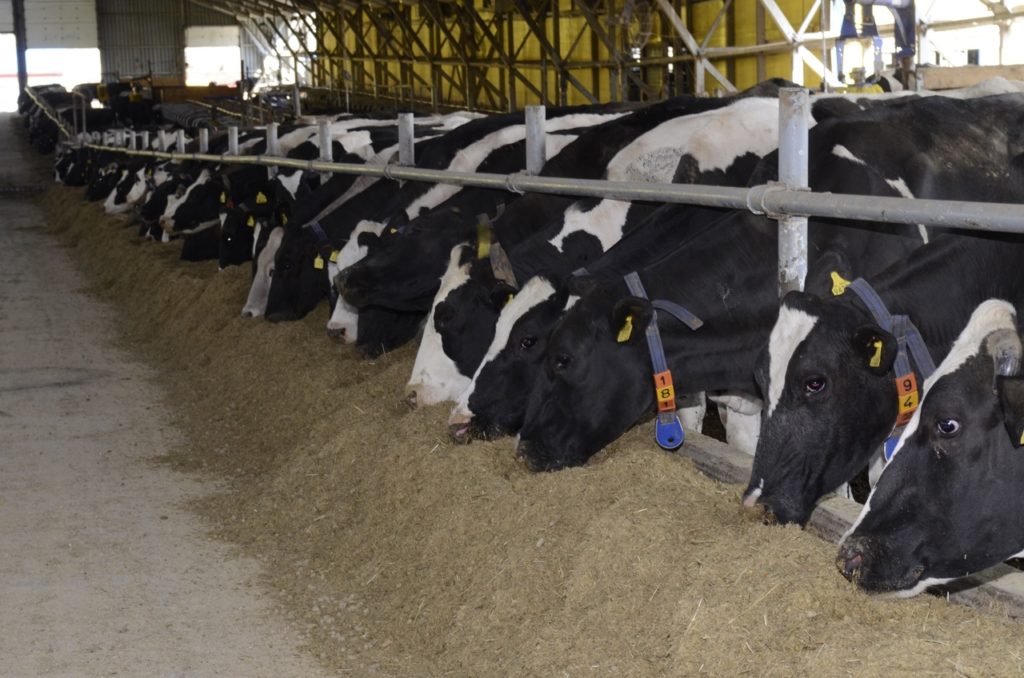When it comes to the ways in which ordinary people can help to reduce CO2 emissions, eating less meat is often touted as an important solution.
But according to analysis from the Flemish infocentre for agriculture and horticulture (VILT), eating less meat won’t actually result in much change when it comes to CO2 emissions in Flanders.
The Flemish Government is holding a special Climate Ministers' Council on Friday in which they’ll discuss various ways to meet the European Commission’s “fit for 55” climate goals.
Ahead of that meeting came a report from the scientific Climate Panel to the Flemish Government, which examined the various ways that CO2 emissions could be curbed in this region of Belgium.
While individual actions like eating less meat and taking a bicycle instead of a car can make a difference, the majority of worldwide CO2 emissions come from a comparatively small number of companies engaged in the burning of organic materials like coal, oil, gas, wood, and solid waste.
The Climate Panel suggested extra car taxes and mandatory green-renovations of houses, two measures that have an impact on a more individual level, but one of their findings was that a lower meat consumption didn’t result in a significant reduction of Flemish emissions.
Around 7 of the 76 million tonnes of CO2 emissions (or 9 percent) in Flanders come from agriculture. This also accounts for 16 percent of the non-ETS emissions (European Union Emissions Trading System).
The livestock population plays a role in that, but the real issue is dairy cows rather than cattle raised for consumption, and neither makes up a big share of the total emissions.
In one proposed scenario, CO2 emissions in Flanders decrease by 1 million tonnes when 100,000 dairy cows are removed, an emissions reduction of 1.3 percent. Reduced meat consumption results in a reduction of just 0.33 percent, comparatively.
Related News
- Muslim organisations consider appeal against ban on ritual slaughter
- Belgium upholds ban on ritual slaughter for Jews and Muslims
“We are only just self-sufficient in milk – so we produce as much as we consume,” Sonja De Becker, president of the Boerenbond farmer's union, told VILT.
De Becker doesn’t consider a 1.3 percent reduction to be all that substantial either, especially considering the cost at which it would come.
“If we have to compensate for a quarter of a production decline with domestic consumption, that means not only Thursday Veggie Day, but also drinking soy milk two days a week. If we export less, that milk will almost certainly be produced elsewhere in the world with higher CO2 emissions,” she said.
“The carbon footprint of a litre of milk in Flanders fell by 30 percent between 2000 and 2019. According to the Food and Agriculture Organisation, the current figures put us among the best in the world.”
The cabinet of Minister of Agriculture Hilde Crevits (CD&V) did not want to react yet as of this weekend.
Flemish Minister of animal welfare Ben Weyts was also not keen to comment.
“No, we are really not going to tell people what they can and cannot eat now,” he said through a spokesperson.

